Hijab in islam : Do You Need to Be Muslim to Wear One?
Home » Hijab in islam : Do You Need to Be Muslim to Wear One?
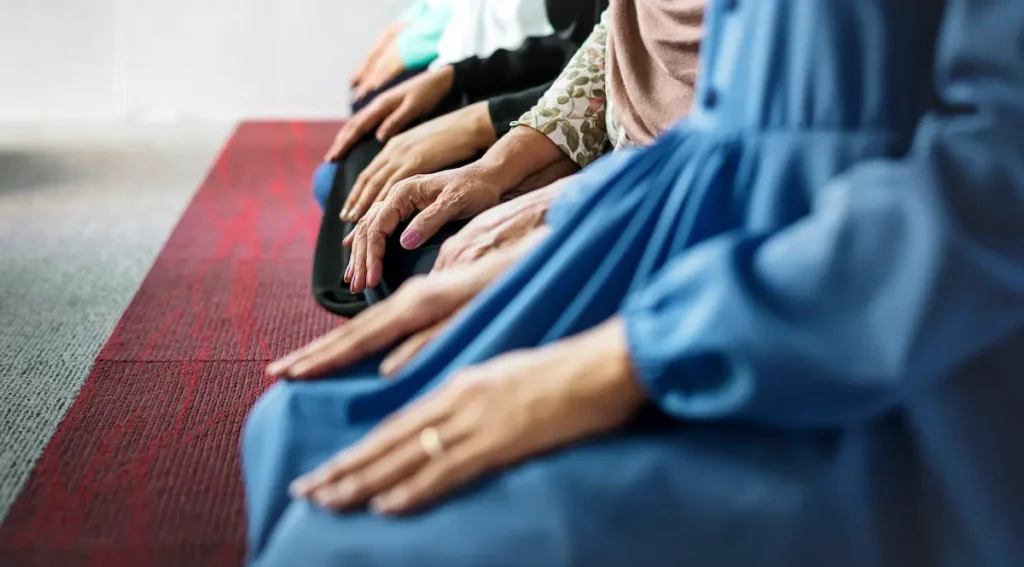
Introduction
The hijab is frequently regarded as the most distinctive element in Muslim female attire, can be something more than a mere headband. It’s a symbol that connects the religious, cultural and personal identity, prompting many different opinions and emotions.
It is a matter of debate whether one is required to have to be Muslim for wearing a hijab is a subject for lengthy debates that explore the meaning behind this attire. Although some see that the hijab is a necessary element of Islamic practices, some see the practice as a personal choice or expression of cultural values.
In this article, we’ll look at diverse point of views regarding the religious significance of hijab, as outlined in the Quran as well as various other factors that influence the choice of the wearer regarding their traditional dress code.
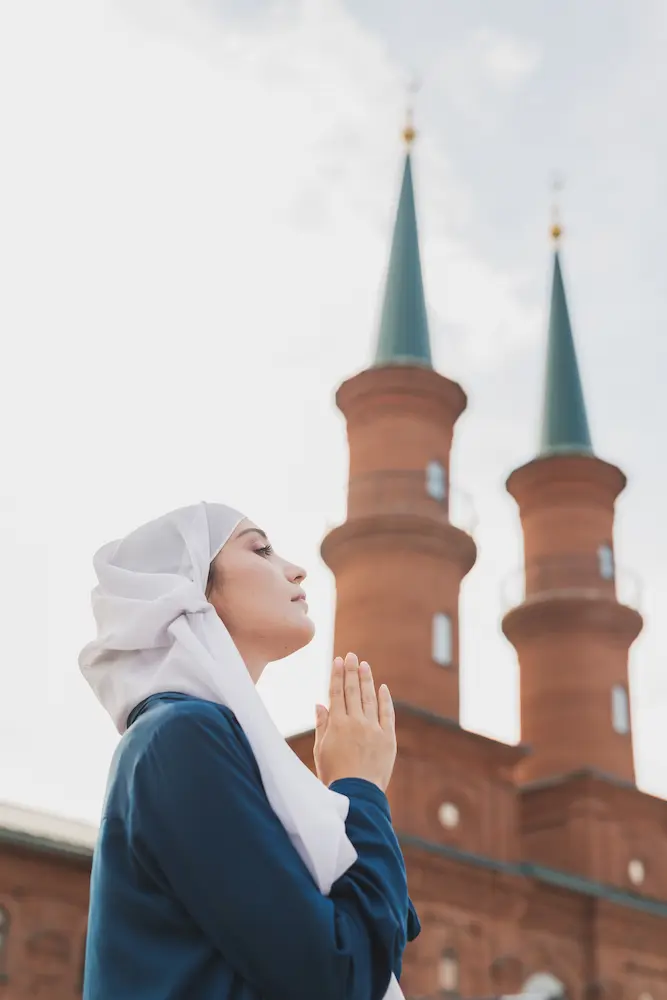
Table of Contents
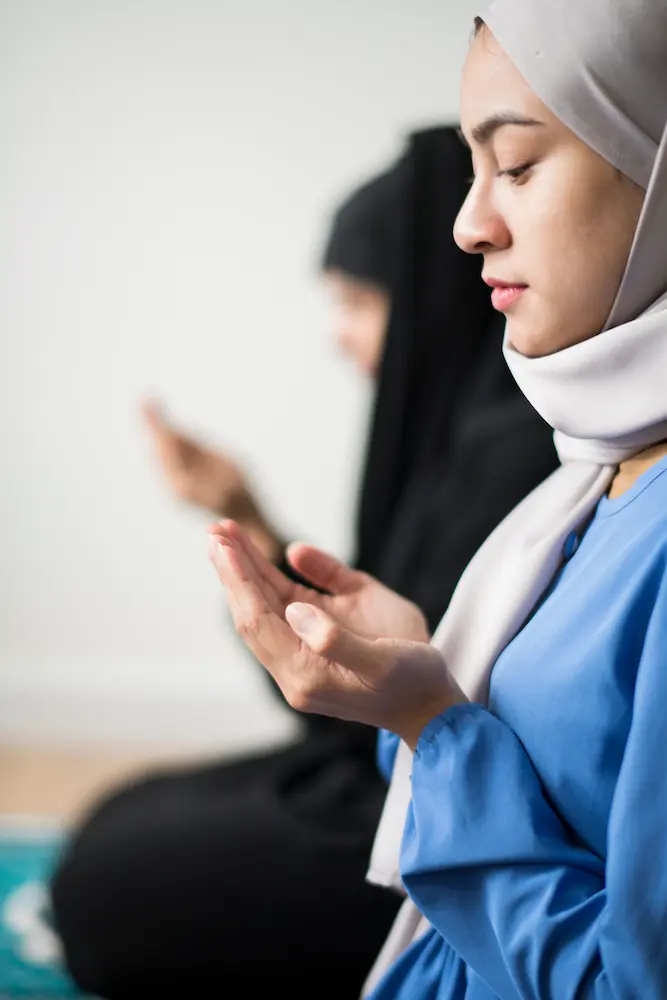
Do You Have to Be Muslim to Wear a Hijab?
The hijab, which is a head scarf which a lot of Muslim females wear can be a powerful symbol with an important cultural, religious and personal significance. It is a question that arises whether it is necessary to wear a Muslim for a hijab is often brought up in an open discussion on the various aspects of this custom.
In order to address this issue problem, it is necessary to dig more deeply into the implications of religion of wearing the hijab, its meanings within the Quran and other sources, as well as the various possibilities that people have regarding their use.
Is Hijab Obligatory in Islam?
The subject of the hijab is usually considered in connection with modesty. This is an aspect that is widely valued within Islamic guidelines. Therefore, is wearing a hijab a requirement within Islam? This is an issue that differs among experts, backgrounds and personal beliefs. A lot of scholars say that the it is a mandatory practice supported by specific Quranic passages as well as Hadith (sayings of the prophet Muhammad).
The interpretations of the law can be different. Many view the hijab as an absolute necessity for Muslim women. Other believe it is an individual choice. Both emphasize that modesty is more than clothing. It’s about appreciation of the faith as well as personal actions.
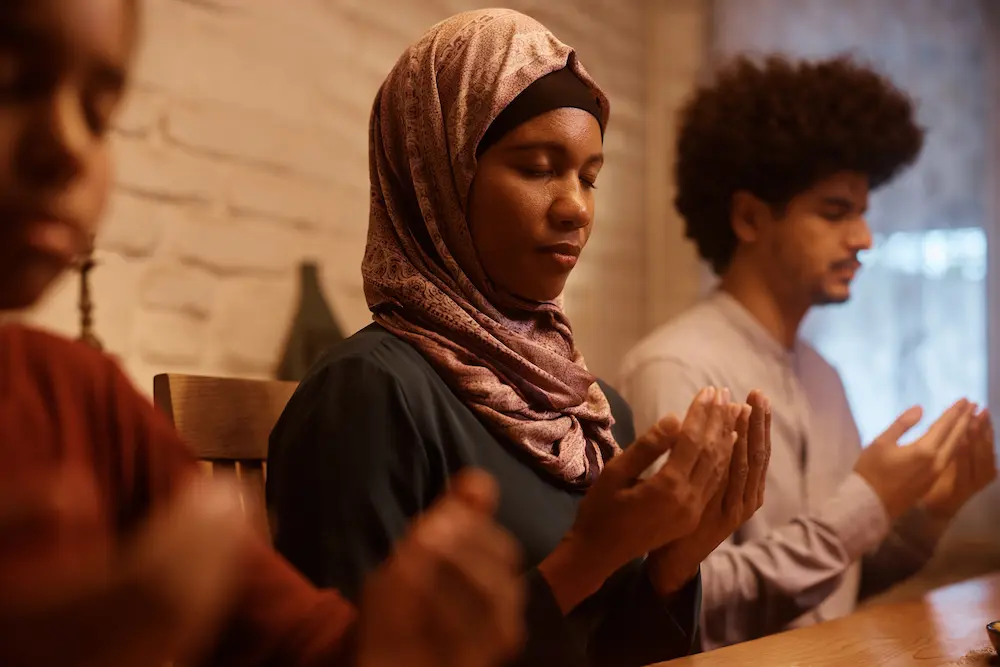
What Does the Quran Say About Hijab?
The Quran examines the concept of modesty via a range of passages. Most prominently, mention of hijab can be found in Surah An-Nur (24:30-31) as along with Surah al-Ahzab (33:59). The scriptures encourage females and males to dress modestly.
*Surah an-Nur (24:30-31 )**: This passage specifically mentions that women should dress themselves in a way to keep their dignity and modesty.
*Surah al-Ahzab (33:59 )**: This verse tells the Prophet Muhammad to counsel his wives, daughters and any women who have faith in Allah to cover their heads when they walk through the streets to spread the concept of modesty.
In these passages, the Quran sets the standard for women of wearing a hijab. This serves to protect honor and dignity that is required of the community.
Where Does It Say in the Quran to Wear Hijab?
The hijab references are part of larger debates on morality and modesty within the Quran. In the past, Surah An-Nur and Surah Al-Ahzab form the core texts. In addition, the interpretations of these texts by scholars typically insist that the purpose of wearing a hijab is to preserve your dignity, and also to stick to the principles of modesty.
The word “hijab” may not be employed in every situation but the message behind it is that Muslim women are required to cover themselves with respect and reverence for their faith as well as their own.
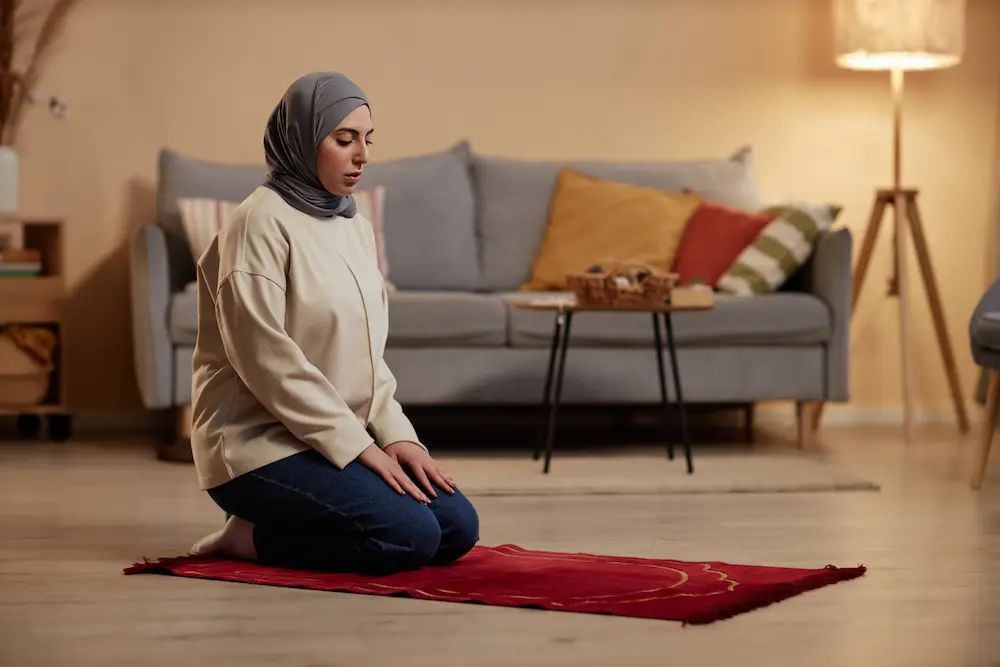
What Age Do Muslims Wear Hijab?
The date when Muslim girls begin wearing hijab is different for the different cultures and families. In general, girls start wearing it after puberty, usually between the age of 12 to 15. But, the age of puberty can be different depending on each individual’s level of maturity, family traditions and the cultural standards.
A few families start to introduce hijab slowly by encouraging girls to wear it on specific occasions, before fully embracing the hijab in everyday routine. In the end, it’s usually personal and affected by conversations within families and groups about religion or identity as well as modesty.
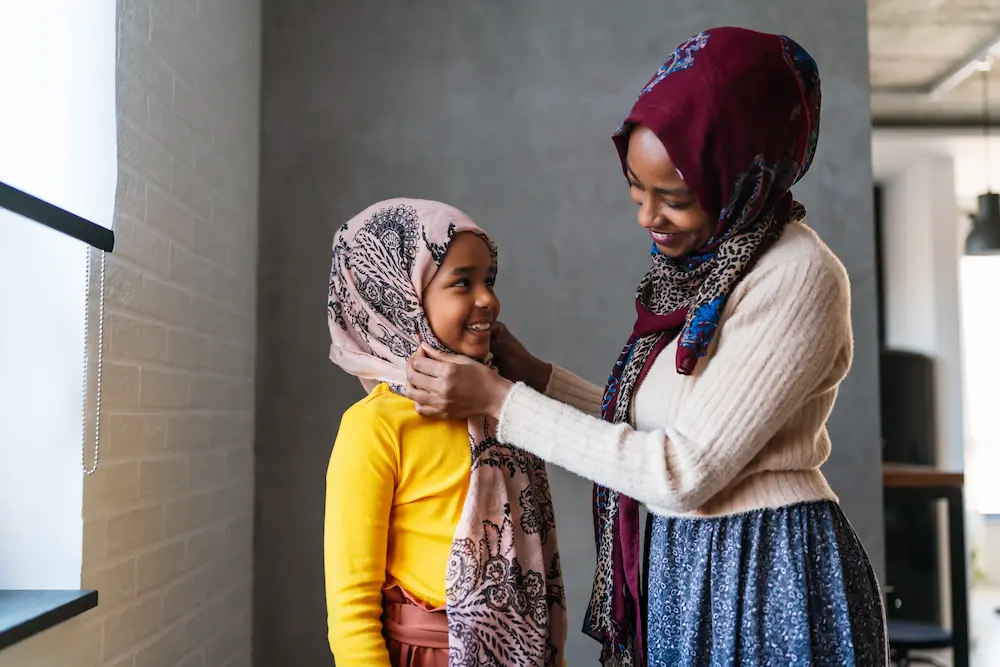
Why Do Some Muslims Not Wear Hijab?
The choice off not wearing a hijab can be due to different factors. Here are some of the most popular reasons:
1. Personal interpretations: some women explain in a different way texts in Quaran, and they believe that it’s not required but just preferred to wear a hijab.
2. Culture context, in particular communities, wearing the hijab may not become the standard. This could lead to individual decisions that are a reflection of your own values or the beliefs of your family.
3. The expression of identity, the choice made by a woman to make her decision not to wear a hijab, can be seen as the way they express their personal identity or protest against social norms.
4. Social Tensions in secular settings. There are those who wear a hijab to stay out of being discriminated against in a negative way.
5. Evolution of Faith, individual spiritual journeys can affect the decision wearing a hijab while some women prefer to do so later on in their lives after having explored their religious beliefs.
When Do Muslims Wear Hijab?
Muslim women generally wear the hijab when in public places or they are in the presence of males who aren’t immediate relatives. Hijab guidelines will vary based on different beliefs and practices of the culture.
Examples:
Public Spaces: A lot of women are required to wear the hijab if they go out of their home or around non-mahram males.
Religious Gatherings: hijabs are typically worn for prayers during religious ceremonies, events or social gatherings.
Private Settings women can remove their hijab only in the presence relatives, which reflects the more casual attitude to modesty.
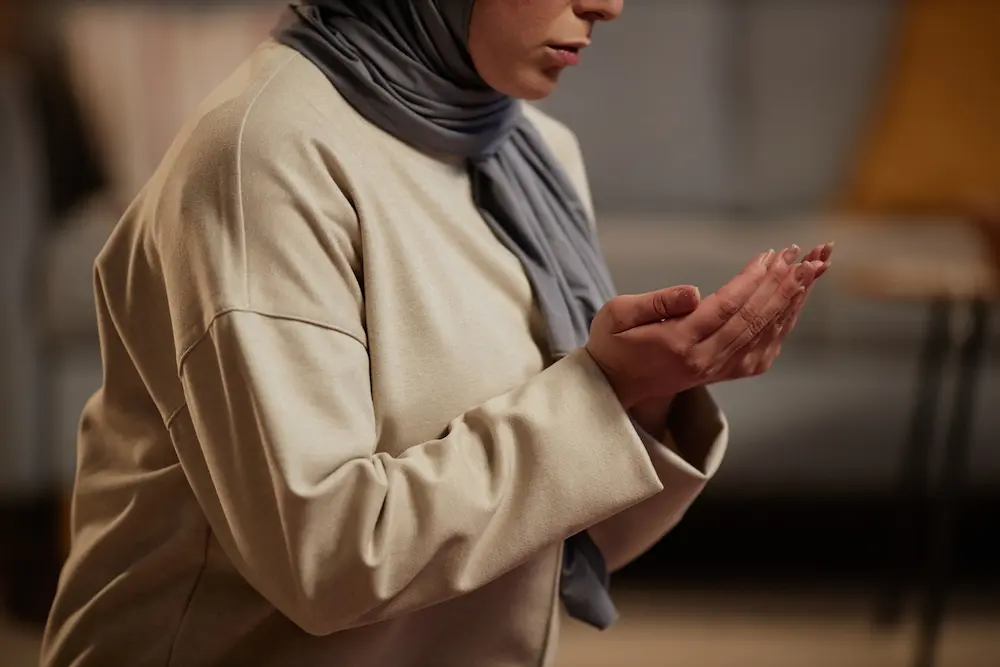
Can Non-Muslims Wear Hijab?
Yes, non-Muslims may wear the hijab, if they decide to do so. Recent years have seen a number of non-Muslims are wearing the hijab in a gesture of solidarity at events that support Muslim rights or because to show their cultural interest.
But, it’s important to treat the hijab in a manner of consideration and understanding. There are many Muslim women are happy those who do not recognize the significance of religion and culture of wearing the hijab instead of thinking it is a mere style statement.
Can I Be Muslim Without Hijab?
It is possible to identify as Muslim with no hijab. There are many Muslims consider that religion is a journey of personal choice, as well as the practice of religious observance differs widely. Hijabs are often seen as a choice for the individual, however, there are women who follow Islam in a sincere manner, but do not wear it.
The idea the importance of being a good Muslim is an act of faith, action, and character as opposed to only exterior appearances.
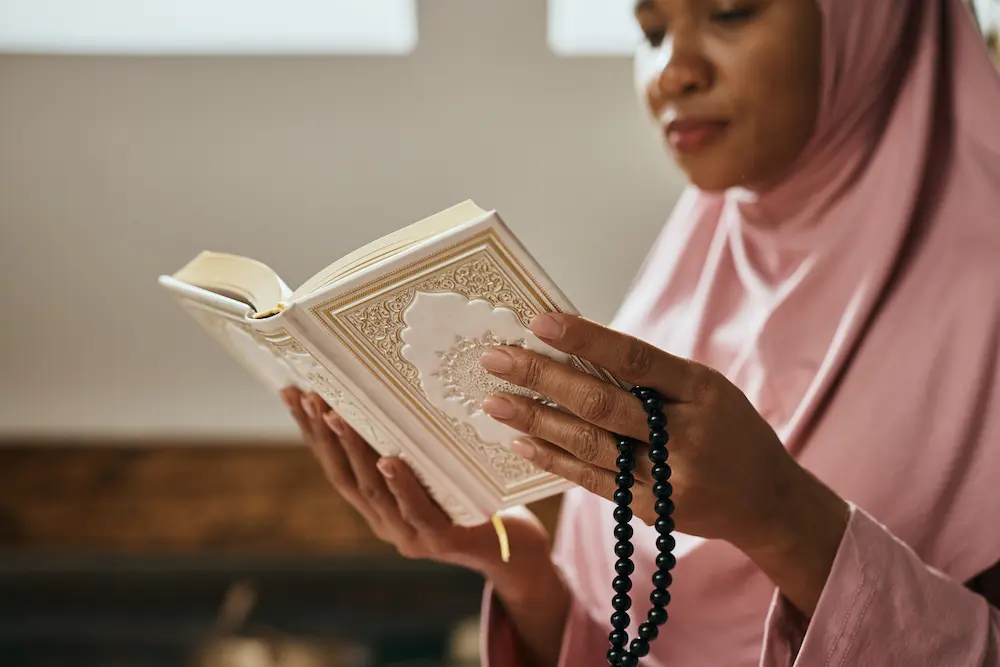
Can I Read the Quran Without Hijab?
There’s no need that women wear a hijab during studying the Quran. Reading the Quran is more about intention and reverence to the Quran’s text. Numerous scholars believe that women can learn and read the Quran with no hijab since the entire act is about connection to God and not on dress code.
Do Muslim Women Wear Hijabs Having Sex?
The subject about wearing the hijab intimate situations usually involves the notion of privacy. Most of the time, Muslim women do not wear hijabs when they’re in private with their spouses. Hijabs are intended to be an act of modesty when the public, but in more the private setting, this is not the case.
Conclusion
The hijab is a complicated symbol that has deeply rooted religious and cultural ties throughout the Muslim world. It is worn either as a duty or a choice of personal preference, or to show self-expression their significance can vary significantly between individuals. Although many Muslim women opt to wear hijabs as a part of their religion but it’s not mandatory for every person that is Muslim.
Respecting and understanding the many opinions about the hijab is vital to fostering a meaningful dialogue and increasing cultural understanding. In the end, the decision whether or not to wear the hijab reflects the values and beliefs of each individual as well as the individual journeys of faith which people undertake.
You May Also Like

Black Hijab: Ultimate Guide to Styling and Pairing with Outfits
Black Hijab Meaning and Significance The black hijab, typically linked to modesty and religion has a deep cultural as well as personal meaning. It is a symbol of many different contexts. represents
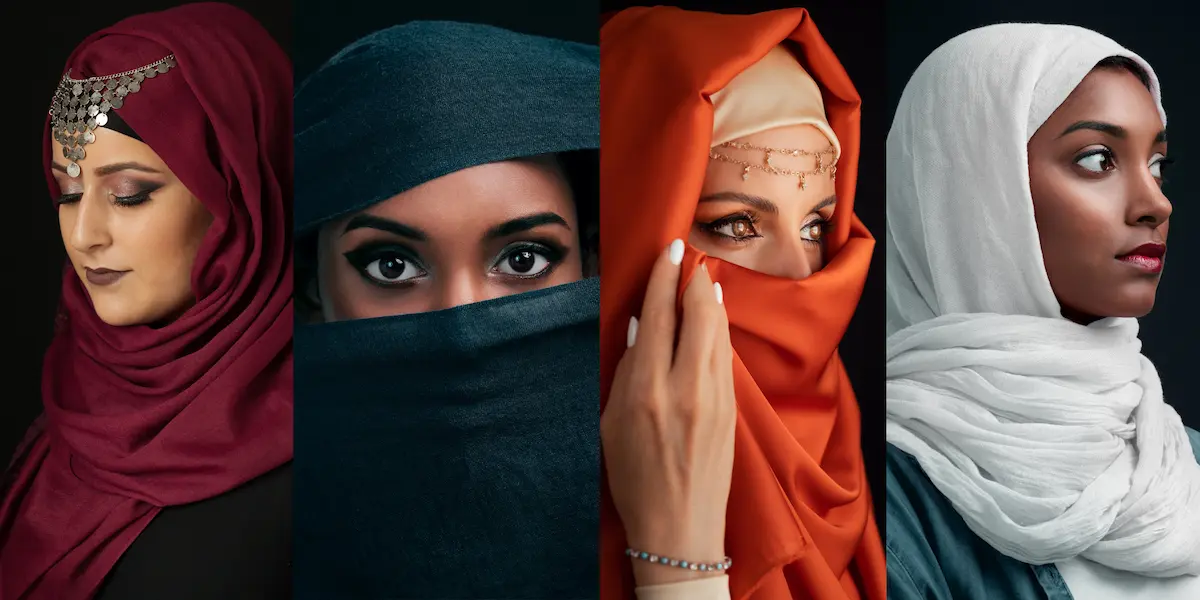
Types of Hijab Uncovered: A Complete Guide to Muslim Veils and Their Meanings
Introduction When discussing Islamic fashion in the West, its expression often relies on overly generalized terms like “headscarf” or “hijab”. Unfortunately, these do not capture all of its variety present
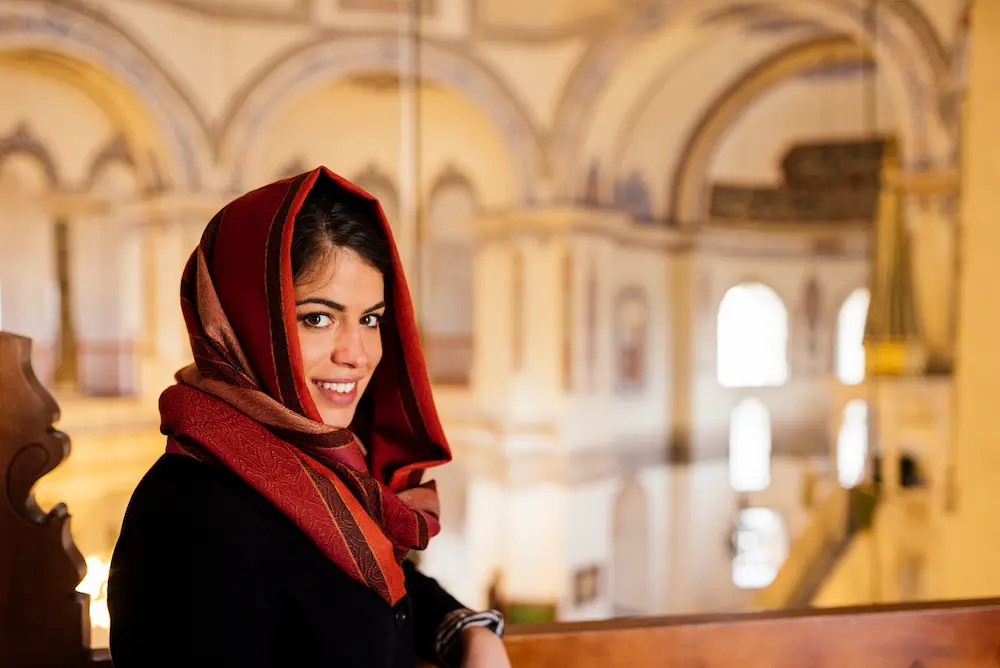
Why Are Shawls the Must-Have Accessory for Every Wardrobe?
What is a Shawl? A shawl is not only a single piece of cloth It’s an accessory that can add a touch of elegance to every outfit. Traditionally, shawls are huge
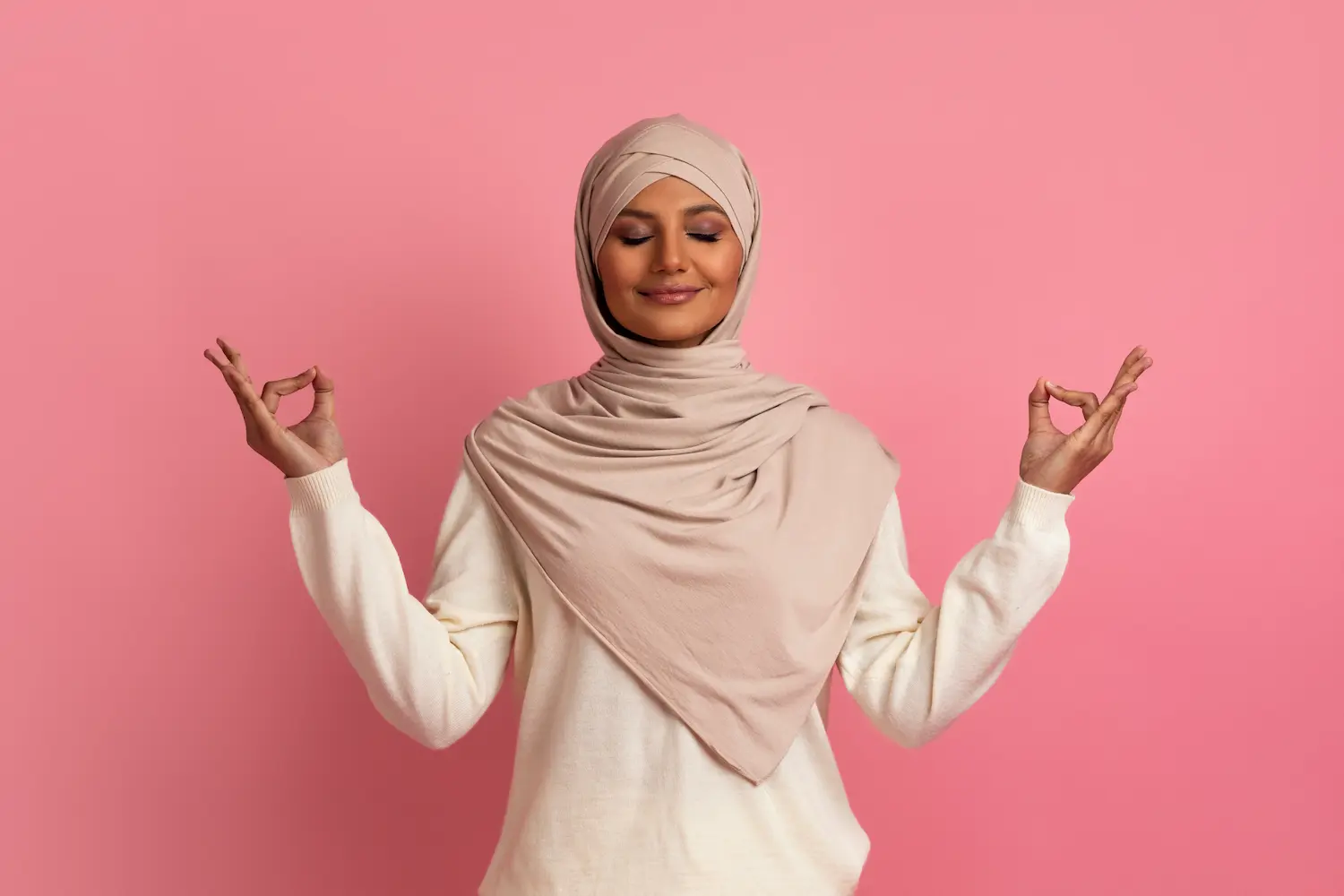
Why Is Cotton the Best Choice for Everyday Hijabs?
The cotton hijab fabric has been for a long time an ideal fabric for casual clothing, especially to wear for hijabs and for great reason. Its breathability is among the
